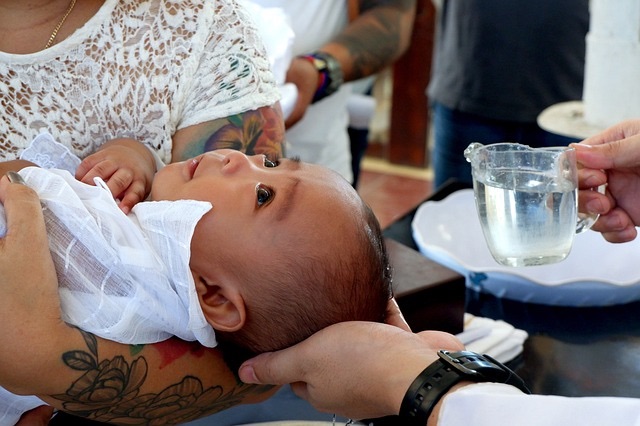Are you an atheist? If so, I'd say the odds are good that you have uttered something close to the following words on at least one occasion:
How can anyone believe what many Christians claim to believe in this modern world in which we are now living? Don't they hear how absurd much of it sounds? How can they not know better?
This is a tempting question, and I've asked it myself. I also seems like an easy question to answer. We can do so by drawing on our own experience and the experience of many other ex-Christians who are now atheists.
I have written about how I became an atheist and about my path to skepticism. I do not recall writing much about how I became a Christian. As I think about that subject now, I believe it may offer at least one answer to the question above.
How did I become a Christian? I was raised by Christian parents who indoctrinated me into their faith. This started from birth, and it was quite effective. Like most young children, I trusted my parents. I believed what they told me. Their Christian messages were echoed and reinforced by my extended family, the people at the church to which I was dragged every week, and my peers. But this fails to capture the most importance influence of all: the culture in which we lived.
If you grew up in a country like the United States, you know the extent to which Christianity is woven into every aspect of the culture. You get so used to it so that you no longer notice it. It seems normal, and you equate it with normal. At least, you do until you've left it behind. Then it becomes hard not to notice. That's when you start asking questions like the one above.
This is how I became a Christian. That is all there was to it. When one is brought up to accept a story as true, one tends to believe the story. If everyone one encounters also believes the story, one might not think to question it. And for years, I didn't.
My brief account of how I became a Christian has limited utility in helping us understand how an educated adult could still believe any of this stuff today. But it may help to explain why many children of Christian parents once believed what they learned and why some still identify themselves as Christians. And for those who have never been observant or inquisitive - or who have had different experiences - why wouldn't they still be Christians today?
If I had not been exposed to a few of the great teachers I was lucky enough to have in school, I could still be a Christian. If I had not found the right philosophy books at the right time, religion might not seem so strange to me. If I had not been interested in science and had not had the ability to tolerate the ambiguity involved in asking questions for which there were no clear answers... You get the idea. Even if I would still be an atheist today without these things, it would have taken me much longer to get here than it did.
As tempting as it is to express puzzlement over how any adult could still be a Christian today, the answer seems obvious. They have had different experiences around religion than we have. Some might not have had the same reasons to ask the same questions.
Image by Jercy Rhea Senecio from Pixabay
This Atheist Revolution post from 2014 was revised and expanded in 2023.
